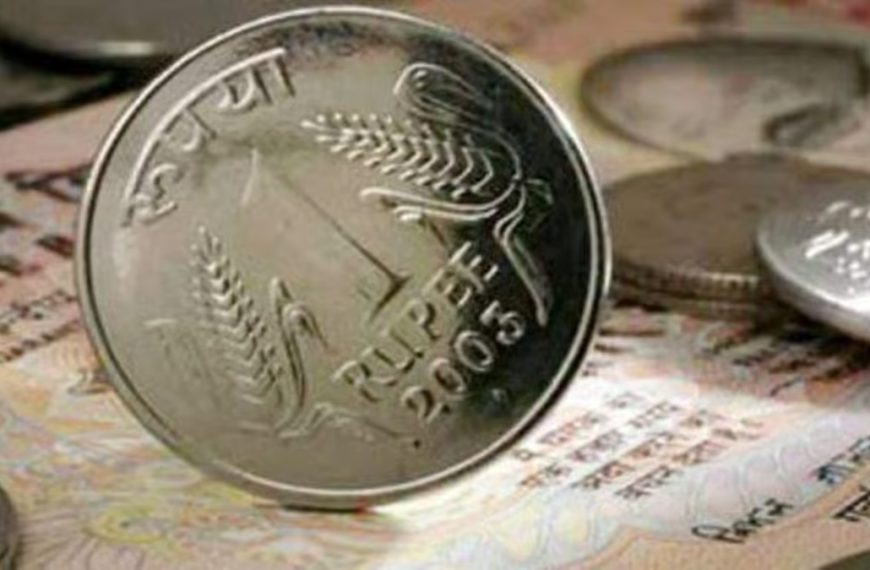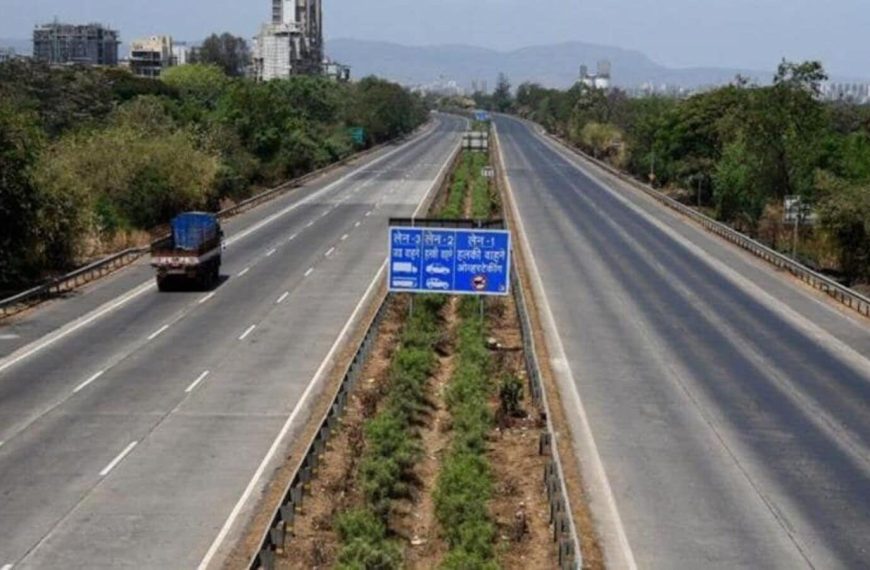IndusInd Bank Faces Rating Watch Amid Key Management Changes
IndusInd Bank, a prominent player in the private banking sector, has recently found itself under scrutiny as CRISIL, the domestic rating agency, has placed its long-term debt instruments on a ‘Rating Watch with Negative Implications.’ This includes ₹4,000 crore in Tier II bonds and ₹1,500 crore in infrastructure bonds. The decision comes on the heels of significant resignations within the bank’s leadership and an ongoing internal audit focusing on the microfinance sector.
Recent Developments at IndusInd Bank
The shake-up in IndusInd Bank’s management raises concerns about its operational stability. The internal audit is particularly noteworthy as it aims to address issues flagged during the bank’s account finalization process. Additionally, the bank disclosed an accounting irregularity related to derivatives back in March, which adds to the uncertainty surrounding its financial practices.
- Key Financial Figures:
- Total deposits as of March 31, 2025: ₹4.11 trillion
- CASA (Current Account and Savings Account) ratio: 32.8%
- Deposits from retail and small businesses decreased to ₹1.85 trillion from ₹1.89 trillion as of December 31, 2024.
Despite these challenges, CRISIL noted that there hasn’t been a significant outflow of deposits recently, which may indicate some level of stability. However, the minor dip in retail and small business deposits is concerning.
Monitoring Progress and Future Outlook
CRISIL has committed to closely observing the situation at IndusInd Bank. The agency stated, “We will engage with management to understand the measures taken to enhance internal financial controls and ensure operational stability. We will also track the impact on profitability and changes in the deposit profile.” This proactive approach will help determine when the rating watch can be resolved.
IndusInd Bank’s Stock Performance
On a brighter note, IndusInd Bank’s shares saw a 2.5% increase, reaching an intraday high of ₹844.30 before dipping back down during trading. Analysts, such as Rajesh Bhosale from Angel One, suggest that the stock is currently in a downtrend but is holding a crucial support level at ₹800. Should the stock surpass ₹850, there could be an upward momentum towards ₹900.
Conclusion
As IndusInd Bank navigates these turbulent waters, both investors and stakeholders will be keenly watching the developments. The combination of management changes and financial scrutiny could significantly influence the bank’s future trajectory. Keeping an eye on the bank’s internal adjustments and market responses will be essential for anyone involved with or interested in IndusInd Bank.










